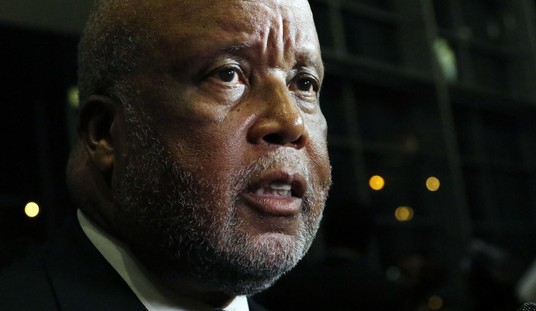Like many others, I have jumped on board the Timehop train. Timehop is an app that presents itself as “a time capsule of you,” and digs up social media activity from years past on that day from connected apps—Instagram, Facebook, Twitter, etc.
Normally, these posts are funny or cringe-worthy—let’s just say I was a big fan of posting song lyrics as Facebook statuses during my teen years—but today I saw one that gave me pause:

My first thought was, “wait…who do I know that died six years ago today?” Eventually I figured it out: it was a patient I had met while volunteering over the summer at a hospital back in Maine. The girl had cystic fibrosis and developed a cancerous tumor in her chest during my time as a volunteer, effectively going from “sick-but-doing-okay” to “deathly ill” in the course of two months. While she fought valiantly against her illnesses, she passed away in January 2009 at the age of 12. She was the first young person I had ever known who had died, and I was devastated when she passed away during my senior year of high school. Now, six years later, the anniversary of her death is merely an afterthought. This is not okay.
While Facebook, Twitter, are Instagram are all seemingly useful tools for keeping in touch with friends and family (especially for people like me, who live a solid 500 miles away from their nearest relative), social media might be causing us to forget the value of memory. What’s the use of remembering someone’s birthday or anniversary or whatever if Facebook is going to tell you anyway? Facebook now has notifications for when someone has a child or gets married. This may be cheapening relationships, in a sense. It’s an information overload. Gone is the meaning of actually going out of your way to both remember and wish someone a happy birthday. After all, it’s right there for everyone to see. Facebook will even auto-fill the "Happy Birthday, [name]!" post to save you the trouble of having to physically type out a personalized greeting to someone you may or may not care about.
Recommended
I’m not sure there’s anything that can be done to reverse this trend. While I have definitely noticed a sense of “Facebook fatigue” of young people abandoning the social network in droves in favor of comparatively stripped-down and less personal information-heavy social media sites Twitter, Snapchat, and Instagram, my generation of recent college grads people is still fairly reliant on Facebook. We need to end this reliance—but not necessarily delete our accounts.
Facebook has diluted the real meaning of “friend.” While I may have over 2,000 “friends” on Facebook, I talk to maybe 20 on a fairly regular basis. “Friend” has been transformed from someone whom a person has a fulfilling relationship with into someone who lurks in the background of life, occasionally liking pictures or statuses and wishes them a “happy birthday!” when prompted to by a website. That is the opposite of “fulfilling.” Furthermore, divorce attorneys are reporting an uptick in the number of couples citing “social media” as the reason for their divorce. It’s no wonder my generation has become a cynical mess. This isn't "social" behavior at all--this is antisocial behavior.
The awkward irony is that despite being equipped with tools that can tell us exactly what we did online on this date seven years ago, we have no real reason to actually work hard to remember anything that’s happened. It’s a bad idea to rely on technology to maintain a record of personal life events: Facebook and Instagram probably aren’t going to be around forever. While I’m not advocating becoming a digital hermit and deleting all accounts on every site, I think it’s a good idea to take a step back and actively try to remember meaningful things.
Don't get me wrong: I like Facebook, Instagram, and Twitter. They have their place. When used appropriately, they are great outlets for creativity and sharing news, pictures, etc. They should not, however, become a substitute for the human brain or a failsafe against having to actually remember something about someone else. If our grandparents and parents could remember things without an app telling them, we should be able to as well.

























Join the conversation as a VIP Member